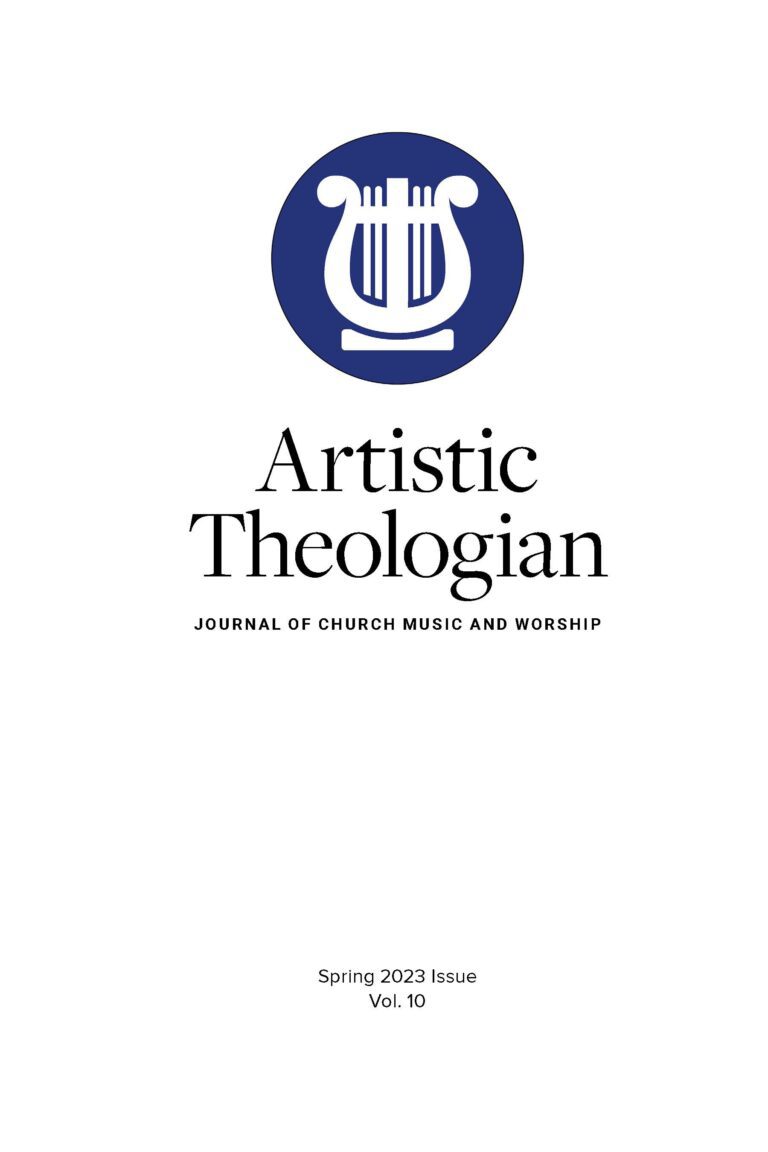
The issue of spiritual formation in Christian worship continues as a persistent topic in evangelical scholarship, as well as a critical question for local church worship ministry.1 Theologically, the issue can be articulated in questions such as:
• For those “called according to [God’s] purpose” (Rom 8:28) to be glorified with Christ (Rom 8:17, 30), how can Christian worship help to conform them “to the image of [God’s] Son” (Rom 8:29)?
• How might Christian worship play a part in a believer being “transformed by the renewal of [his] mind” (Rom 12:2)?
• As a congregation, how might we “[behold] the glory of the Lord” and be “transformed into the same image from one degree of glory to another” (2 Cor 3:18)?
Practically speaking, many in worship ministry are caught up searching for the preferred local music style of expressing praise to God. Many a “worship war” has been fought over such preferences. The declared “winners” of such battles are those whose preferences, in the end, determine the instrumentation, arrangements, and song choices for public worship.
Still others emphasize the aesthetic quality of a worship experience, celebrating established forms of church music that represent the best of the Christian tradition, or achieving a level of production quality that meets professional standards. While musical excellence (carefully defined) remains a worthy goal, ministries who make it their exclusive objective may miss the formative potential of simply singing to one another, according to biblical principles (e.g., Eph 5:19, Col 3:16).
Others focus on the lyrics of our congregational singing, recognizing that what we sing in worship, we tend to believe—lex orandi, lex credendi. Indeed, the formative power of sung lyrical theology should not be overlooked or underestimated. But, have the endless arguments over particularities of song lyrics led to a level of Christian maturity that reflects the image of Christ?
This issue of the Artistic Theologian explores the formative power of Christian song, from biblical times to today, as well as more holistic aspects of corporate worship. First, Jordan Covarelli’s article on the Lukan canticles finds that the songs of Zechariah, Mary, the angels, and Simeon recorded in Luke’s Gospel serve to instruct as well as shape the identity of his audience of readers. Second, David Music’s account of the increasingly hostile “Epistolary War” between the famous hymn writer Isaac Watts and his eighteenth-century contemporary Thomas Bradbury recognizes, in the end, the profound impact of Watts’s lyrics over the past 300 years (despite intense criticisms). Third, Braden McKinley’s essay evaluates confession of sin (or lack thereof) in the lyrics of Contemporary Worship Music, advocating for the importance of this practice for the sanctification of believers. Finally, Benjamin Snoek’s article acknowledges both the formative and expressive power of Christian singing, but argues for the more powerful impact of balanced liturgies involving multiple worship elements. For Christian worship to accomplish its purpose, more than music matters.
As you consider the issue of spiritual formation in worship for yourself, we hope that this issue of the Artistic Theologian will help you pursue worship that is biblically faithful, musically excellent, and ministry focused. Also, we welcome article and book review submissions for our next volume.
The deadline for submission is October 1, 2023.
- Recent examples include Steven D. Brooks, Worship Formation: A Call to Embrace Christian Growth in Each Element of the Worship Service (Eugene, OR: Wipf and Stock, 2020); Rory Noland, Transforming Worship: Planning and Leading Sunday Services as If Spiritual Formation Mattered (Downers Grove, IL: InterVarsity, 2021); James K. A. Smith, Imagining the Kingdom: How Worship Works, vol. 2 of Cultural Liturgies (Grand Rapids, MI: Baker, 2013). ↩︎





